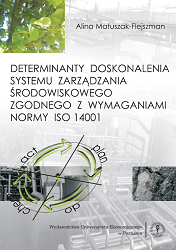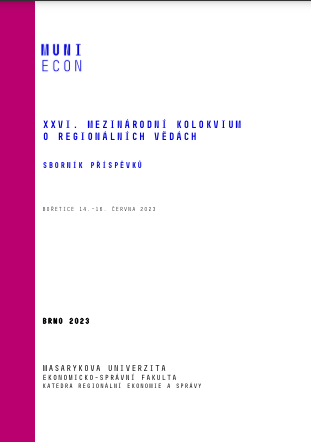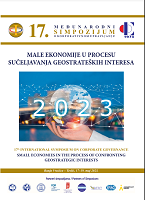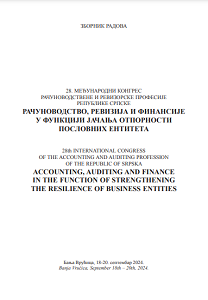
Management and Marketing in Pharmacy - Part I
With the formation of market relations there are major changes and diversification of objectives, principles and methods for managing pharmaceutical organizations. Enterprises that are reforming their management systems provide a strong competitive position and opportunities for further effective development. Managers have incentives to successful and efficient use of all resources - material, financial, human, information, etc., to reorganize the management of enterprises and associations. Application of modern instruments for coordination and regulation contributes to the organization work as a single system and focus on achieving strategic goals. In this regard, there are prerequisites for wide practical application of the management theory. Becomes important to use modern approaches to planning of the company or association, create effective modern organizational structures, improve technological processes, increase productivity. To increase the efficiency of production, trade and management one needs the active involvement of the staff in goal setting, discussion and decision making, in shaping a positive image of the organization. In other words, the importance of human resources, personnel management, the role of human factor in the development and efficiency of an enterprise or institution in-crease. Hence, the need for a flexible system of incentives for the staff. At the same time the modern efficient organization of control, identification and evaluation of a business entity remains significant.
More...












